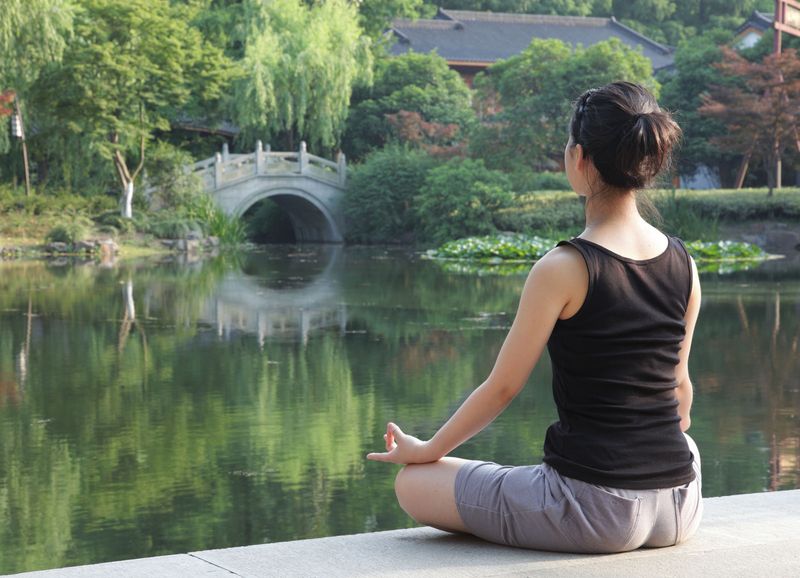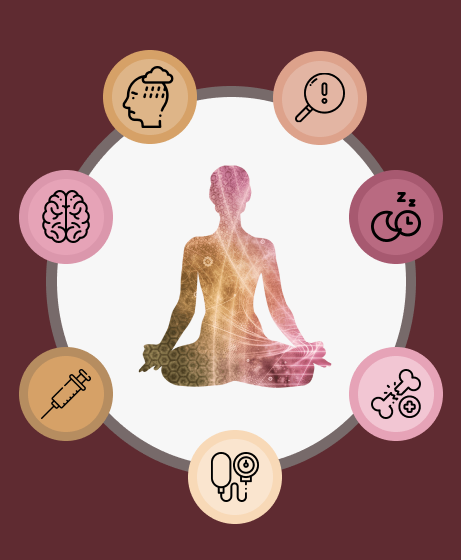Meditation has existed for over 7,000 years . Though often tied to Buddhism, the current century has seen a spike in popularity of a more secular practice. Simply sitting still, breathing deeply and clearing the mind can greatly improve quality of life. All you need is the know-how.

Health Benefits
Research has indicated that meditation is not only a spiritual practice, but carries physical benefits as well. These include:
1. Reduced Stress and Anxiety
2. Increased Attention Span
3. Improved Memory
4. Improved Sleep
5. Help with Addiction
6. Pain Mitigation
7. Lowered Blood Pressure

How To Meditate
The basic elements of meditation are breath, stillness and focus. All you need is a quiet place to sit or lie down (sitting is recommended to keep from falling asleep)! Use the following steps to get started:
Get comfortable -- Sit or lie down with your back straight and supported in a chair or on the floor; wherever you are comfortable
Close your eyes -- This will eliminate visual distractions
Take a deep breath in -- Inhale through your nose for 4 seconds. Hold it for another 4 seconds, then exhale for 4 seconds. Repeat this process four times
Focus on your breath -- Return to regular breathing and focus your attention on inhale and exhale
Clear your mind -- Block out thoughts by continuing to focus on your breath

Remain still for at least 10 minutes, focusing only on breathing. Thoughts will likely cross your mind. You will find yourself thinking about dinner or replaying an interaction from earlier in the day.
When this happens, simply picture yourself grasping the thought and tossing it out of a window in your head. Do this with every thought that appears and gradually you will begin to empty your brain.
Practice Makes Progress
Meditation takes practice, like a sport or an instrument. You will not be good at it your first time, and will likely struggle to block out the mental noise. Health benefits only occur with repetition, so practice these steps 10 minutes each day to see a true change.

Resources
Use these free resources to help guide your introduction to meditation:
The Free Mindfulness Project (audio downloads, guided meditation exercises)
Headspace (guided meditation, science and info, free for those who are unemployed)
Mindful (list of free apps for download)
Other Ways To Meditate
Yoga and meditation are closely related. This video from a popular yogi provides some other options for training yourself to meditate successfully, including counting up and down from 100 and watching a candle flame.
Summary
How will you practice meditation today?
If you're having difficulty finding time to meditate, remember:
"If you can't find 10 minutes a day to meditate, you need an hour"
Your feedback matters to us.
This Byte helped me better understand the topic.